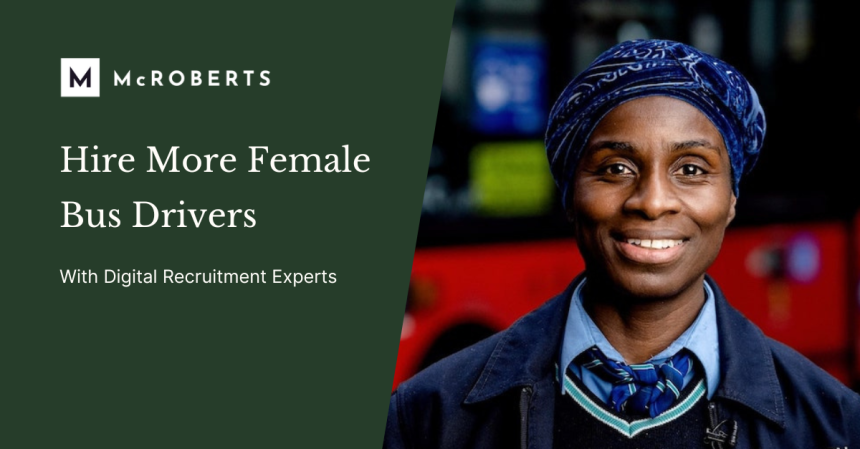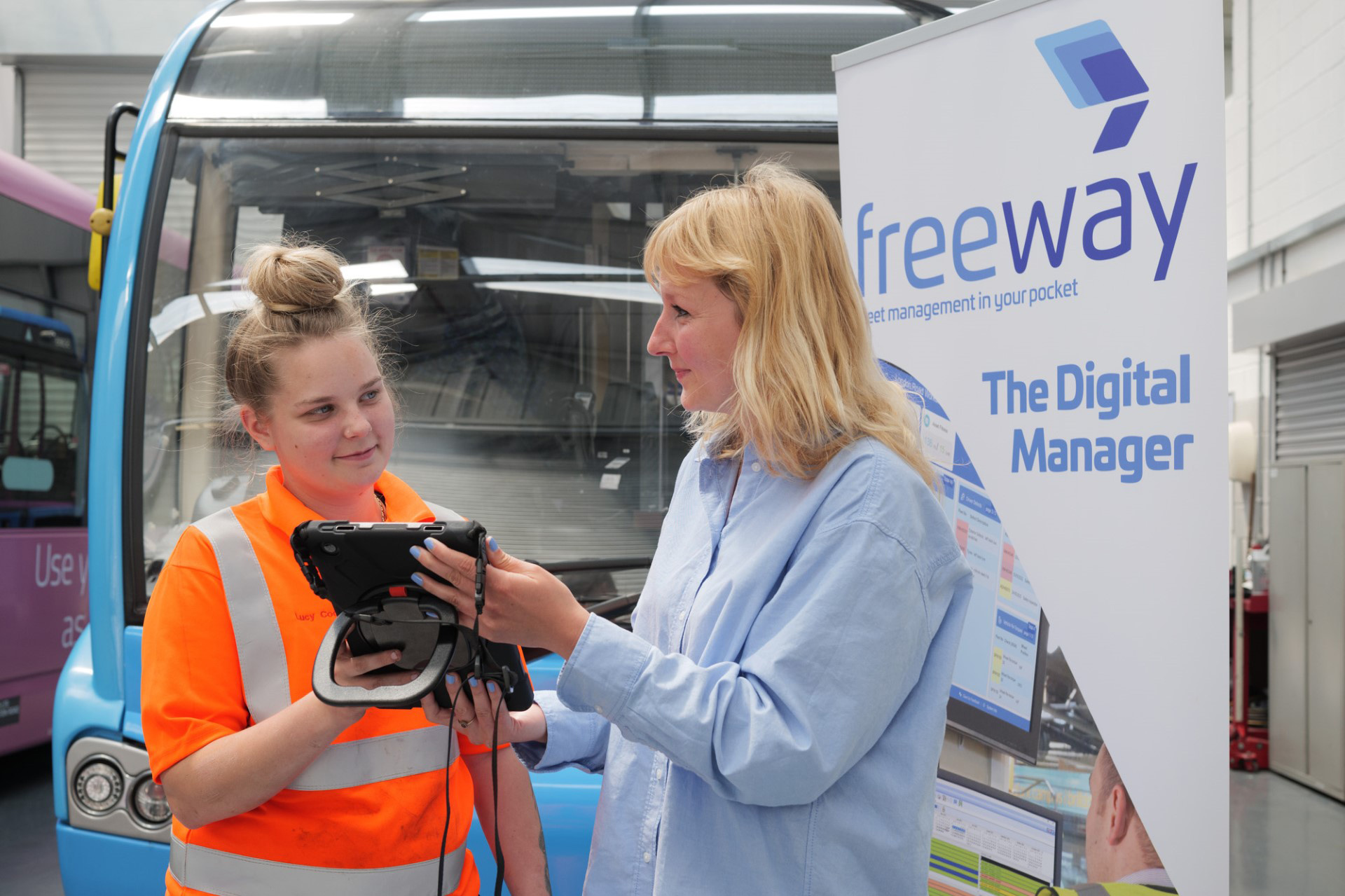The UK bus industry faces several pressing challenges, including driver shortages, low numbers of young and women drivers, and difficulties in retaining staff. Traditional recruitment methods have struggled to address these issues effectively, but digital recruitment strategies are offering a promising solution. McRoberts, a leader in digital recruitment for transport companies, is at the forefront of this transformation, using digital marketing channels to attract, filter and retain high-quality candidates.
Digital recruitment strategies
Digital marketers typically focus on growing businesses and generating sales. However, when CEO Joe McRoberts applied digital marketing principles to hire 500 drivers for Arriva across the UK, and reduced its hiring costs by 95%, he saw a significant opportunity to help solve an industry-wide problem.
The digital recruitment strategy includes several key steps:
- Defining the ideal candidate: Working with clients to define the ideal candidate, for example: Lives within commuting distance, has the relevant qualifications, understands the shift patterns, and so on
- Understanding the role: Meeting with current company drivers to fully understand not just the job requirements, but the lifestyle it affords
- Testing adverts: Running campaigns across a range of digital channels, including search engines, social media, and job boards, to identify the most effective messaging and channels
- Filtering applicants: Using smart application forms and automation to filter out high-quality applicants
- Automation: Sending high quality candidates into the client’s applicant tracking system or inbox.
This data-driven approach allows the McRoberts team to continually improve their results, learning which campaigns generate the best hires, and also adjusting campaigns to adapt to changing priorities.
Ensuring candidate quality
Quality is paramount when hiring drivers (or any high-volume role). Many transport companies are inundated with low-quality applications, which are time-consuming and costly to process. McRoberts focuses on filtering candidates based not only on their credentials but also on factors like commuting distance and eliminating duplicate applications. This ensures that only the most suitable candidates are considered, saving time and resources. Additionally, the McRoberts team recently introduced soft skills assessments, to identify candidates who score highly in relevant areas such as team management, problem solving or cultural fit, for roles such as Shift Managers and Schedulers.
Attracting and retaining young and women drivers
A critical hurdle for the bus industry is the underrepresentation of young people and women in driving roles, compounded by high turnover rates. Digital recruitment strategies can address these issues due to powerful targeting options.
The McRoberts team has been working with RATP Dev Transit London for the past 18 months, and are now recruiting drivers at a rate of 1.5 hires per day – a never-before-seen level of recruitment. With a critical driver shortage now under control, McRoberts recently launched a campaign for RDTL to hire more women drivers. This initiative has tripled the number of women candidates, and they are now in a position to ‘dial up’ the volume of women drivers.
Staff retention is another significant challenge to the UK bus sector. Recruitment is not just about filling positions but finding candidates likely to stay and thrive. By using advanced filtering techniques, McRoberts ensures that candidates meet specific criteria, including qualifications, motivations, personality traits, and cultural compatibility. In addition, by analysing commonalities between staff who churn, retention issues can be anticipated in the recruitment campaign.
Reducing cost per hire
Digital recruitment strategies allow transport companies to hire drivers more intelligently. McRoberts can track which recruitment channels have the lowest cost per hire, and allocate the recruitment advertising budget to the most efficient channels. This maximises hiring volumes and improves both the quality and quantity of candidates.
Conclusion
The UK bus industry is undergoing a crucial transformation in its approach to recruitment, driven by the need to address driver shortages, increase diversity, and improve retention. Digital recruitment strategies, spearheaded by industry leaders like McRoberts, are proving to be a game-changer. By leveraging targeted advertising, inclusive outreach, and advanced candidate filtering, McRoberts helps companies significantly boost hiring rates, reduce hiring costs, and retain drivers more effectively. As the industry continues to evolve, embracing these digital strategies will be essential for building a resilient and sustainable workforce.




























